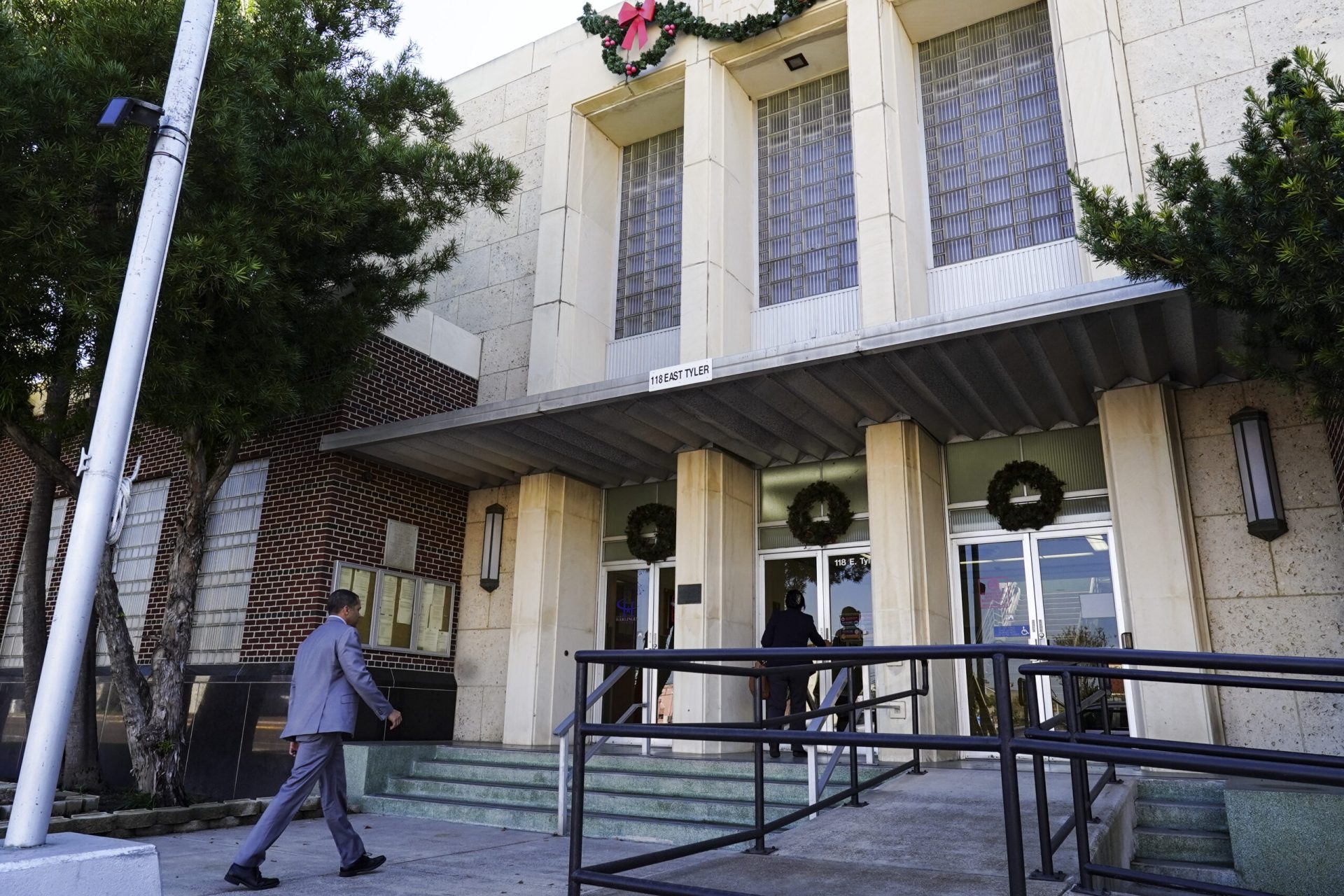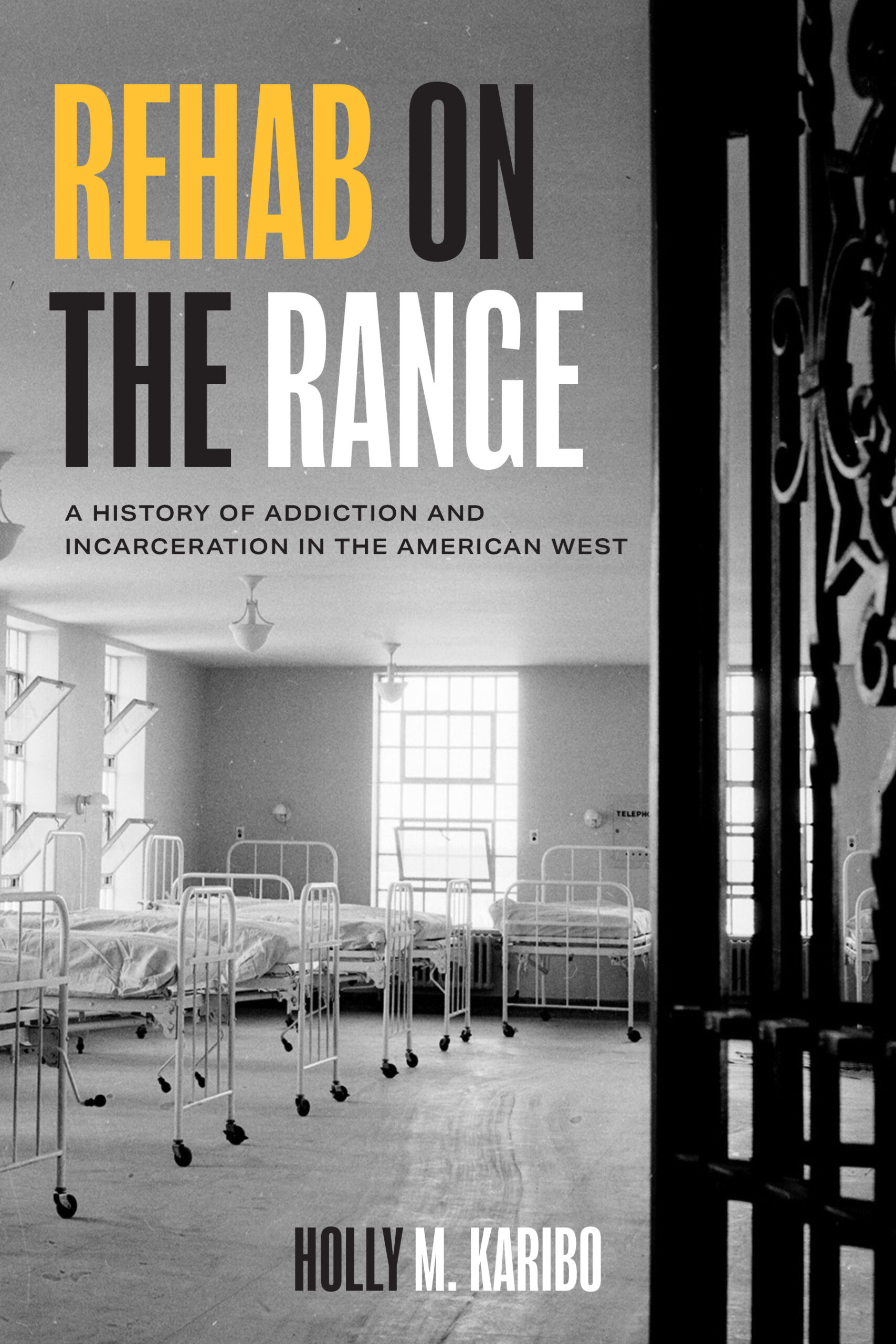 Norma Sepulveda
Norma SepulvedaHARLINGEN — After nearly 100 years, a new City Charter amendment giving the mayor a vote stands to spark change on city commission while swelling its quorum.
While the mayor’s vote could lock up ties, the commission’s new voice boosts the board’s quorum from three to four members.
In the weeks leading to the Nov. 5 special election, Mayor Norma Sepulveda pushed for the proposition on a ballot boasting a total of 23 proposed amendments to the City Charter.
When the votes were tallied, the proposition had turned into the hottest measure on the ballot, with 12,392 residents supporting the amendment, or 66.1%, while 6,346 voted against its passage.
“I want to thank the voters for their overwhelming support and for helping shape a brighter future for Harlingen,” Sepulveda said Tuesday in a statement. “With the passage of Proposition C, Harlingen has taken an important step toward better governance and stronger representation.”
Noting the mayor runs at-large, Sepulveda argued giving the mayor a vote will better represent residents while offering them insight into the mayor’s stance on issues.
“The mayor will now vote on every agenda item along with the commission,” she said. “It’s important to note that all votes carry equal weight. As the only at-large voting member, the mayor will now have a clear and consistent voting record, fostering greater accountability and transparency.”
In the last two years, city records show few cases in which commissioners cast 3-2 votes, which, with the mayor’s vote, could now spur tied votes, Sepulveda said.
“Historical data shows that less than 1% of commission votes over the past two years have resulted in a 3-2 decision,” she said. “The majority of items pass unanimously or with a 4-1 vote, reflecting a commission that works well together.”
On the board, some commissioners questioned whether the mayor’s vote could deadlock an issue.
“Everything’s theory until it become reality,” Commissioner Michael Mezmar said in an interview. “The most important law in the universe is the law of unintended consequences.”
On Tuesday, Commissioner Frank Morales, who proposed considering reviewing the amendment in two years, said the mayor’s vote could lead to “standstills” on the commission.
“We’re locking into a situation that’s a standstill,” he said, referring to the mayor voting amid a 3-2 vote. “If we’re in a situation that we’re in a standstill, we’re not moving forward.”
 Harlingen City Hall is pictured Thursday on Tyler Avenue on Jan. 7, 2022. (Denise Cathey/The Brownsville Herald)
Harlingen City Hall is pictured Thursday on Tyler Avenue on Jan. 7, 2022. (Denise Cathey/The Brownsville Herald)Meanwhile, Commissioner Ford Kinsley stood behind Sepulveda’s arguments.
”I think that as the only ‘at-large’ elected official on the commission that it’s good for the citizens of Harlingen to know exactly where the mayor stands on issues and now having a voting record will establish that,” he said in a statement. “The ‘for’ vote by 12,422 residents shows very strong support for this change.”
While Commissioner Rene Perez noted the mayor’s vote could lead to cases of tied votes, he argued deadlocks could spur compromise on issues.
“With six total voting members now — five commissioners and the mayor — tie votes are possible, but they remain unlikely, as most issues before the commission do not result in closely split 3-2 votes,” he said in a statement. “When ties do occur, they will either encourage collaboration and compromise for more balanced outcomes or result in the proposition failing, as a majority is required for approval.”
Like Kinsley, Perez said supported Sepulveda’s arguments.
“I support this change because it promotes transparency and ensures the mayor is held accountable alongside the commissioners,” he said, adding the amendment “brings greater accountability to the office by ensuring the mayor’s positions are on record.”
Commissioner Daniel Lopez said in a statement that the mayor and commission are typically in sync and consensus and he doesn’t anticipate the mayor’s voting ability to sway in issue one way or another.
“However, if in the future the City were to ever have an evenly split Commission, this change could possibly result in log jams. In that instance, the ability to work together and compromise will be even more vital. The alternative is a floundering government with little to no progress on major issues: economic development, infrastructure, and public services,” Lopez said in the statement. “Thus, it is crucial that the public be invested in our elections and vote for candidates that not only share a vision for a better Harlingen, but vote for candidates who have the skill to collaborate with the Commission to put that vision into play.”
The post Mayor’s vote could spur deadlocks on Harlingen commission appeared first on MyRGV.com.
 (2).png)
 3 months ago
73
3 months ago
73








 English (US)
English (US)